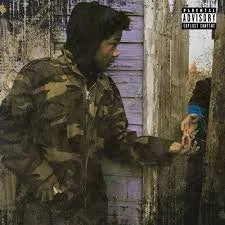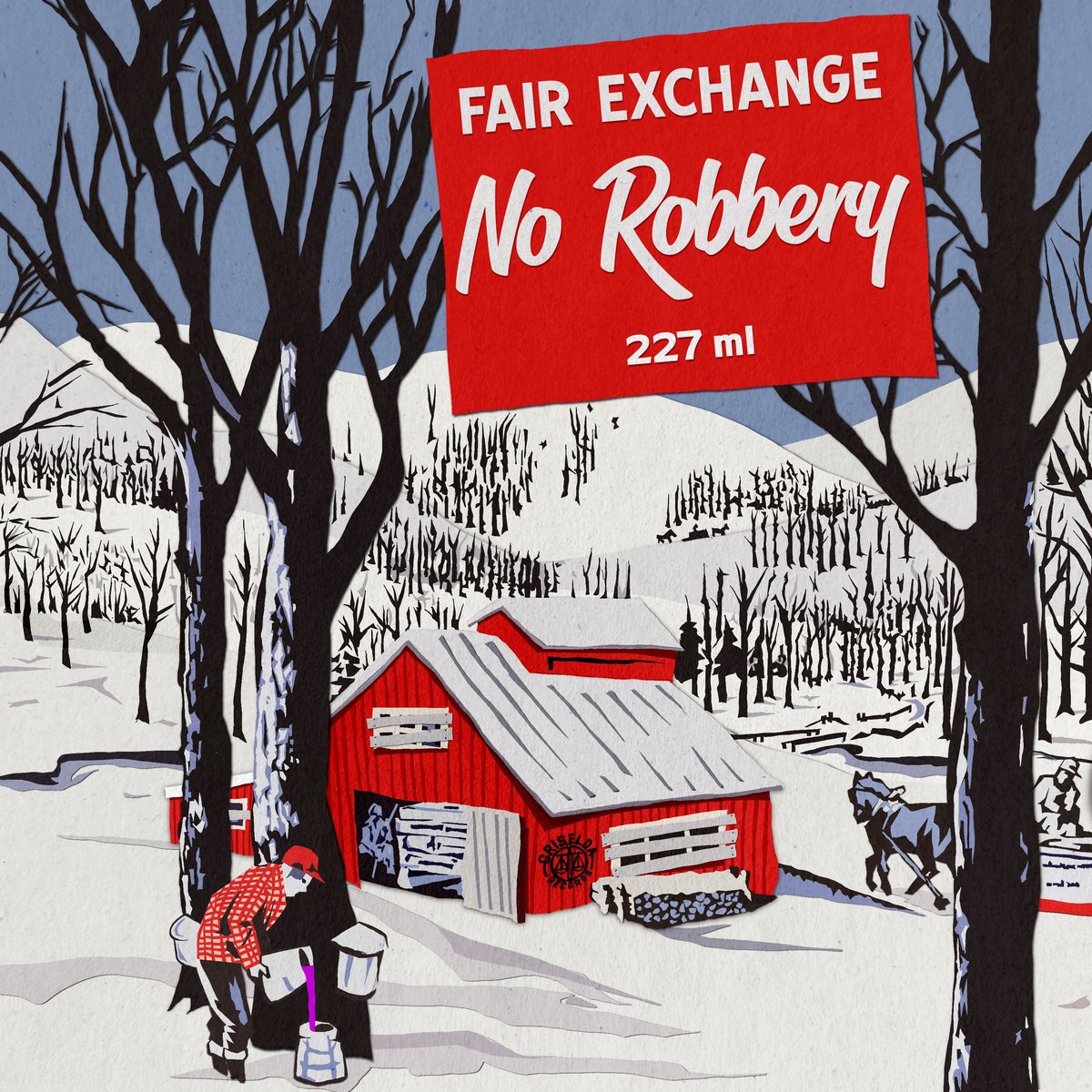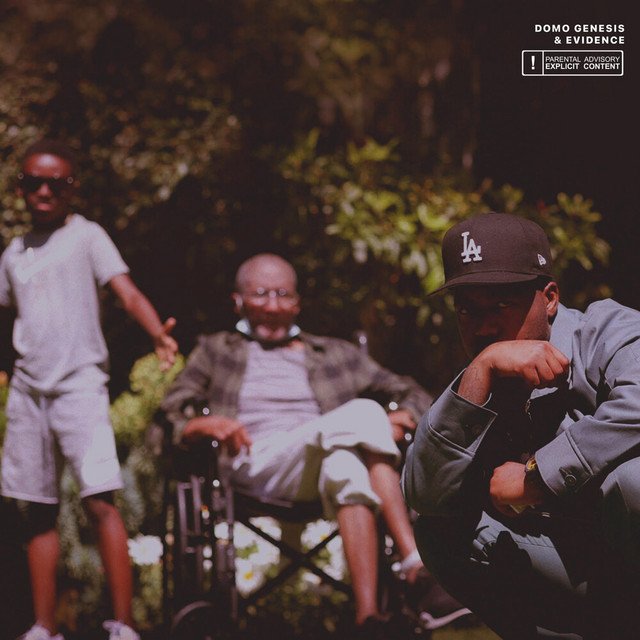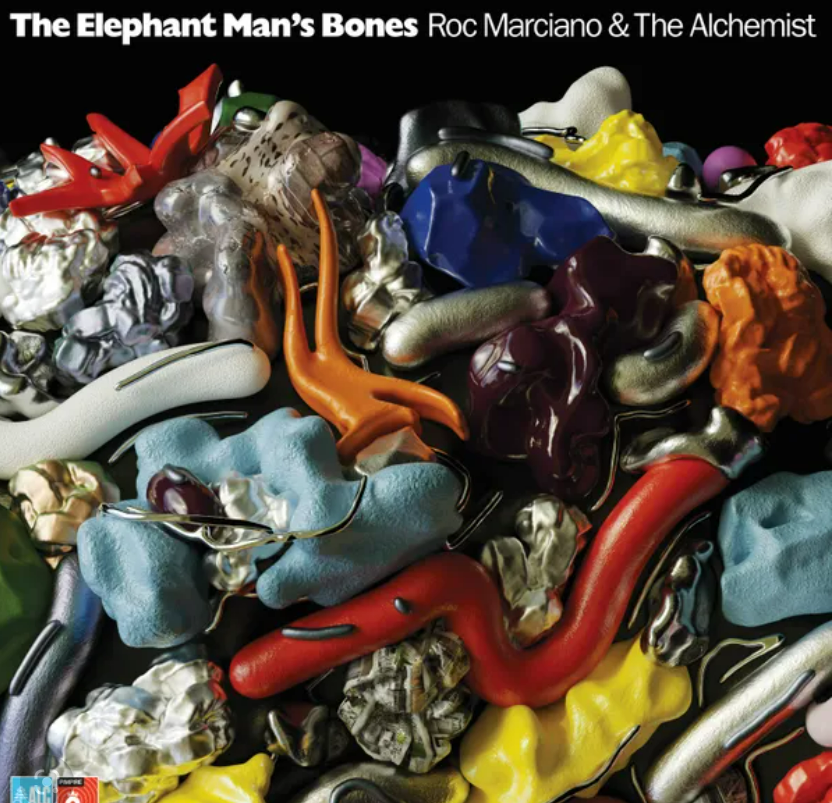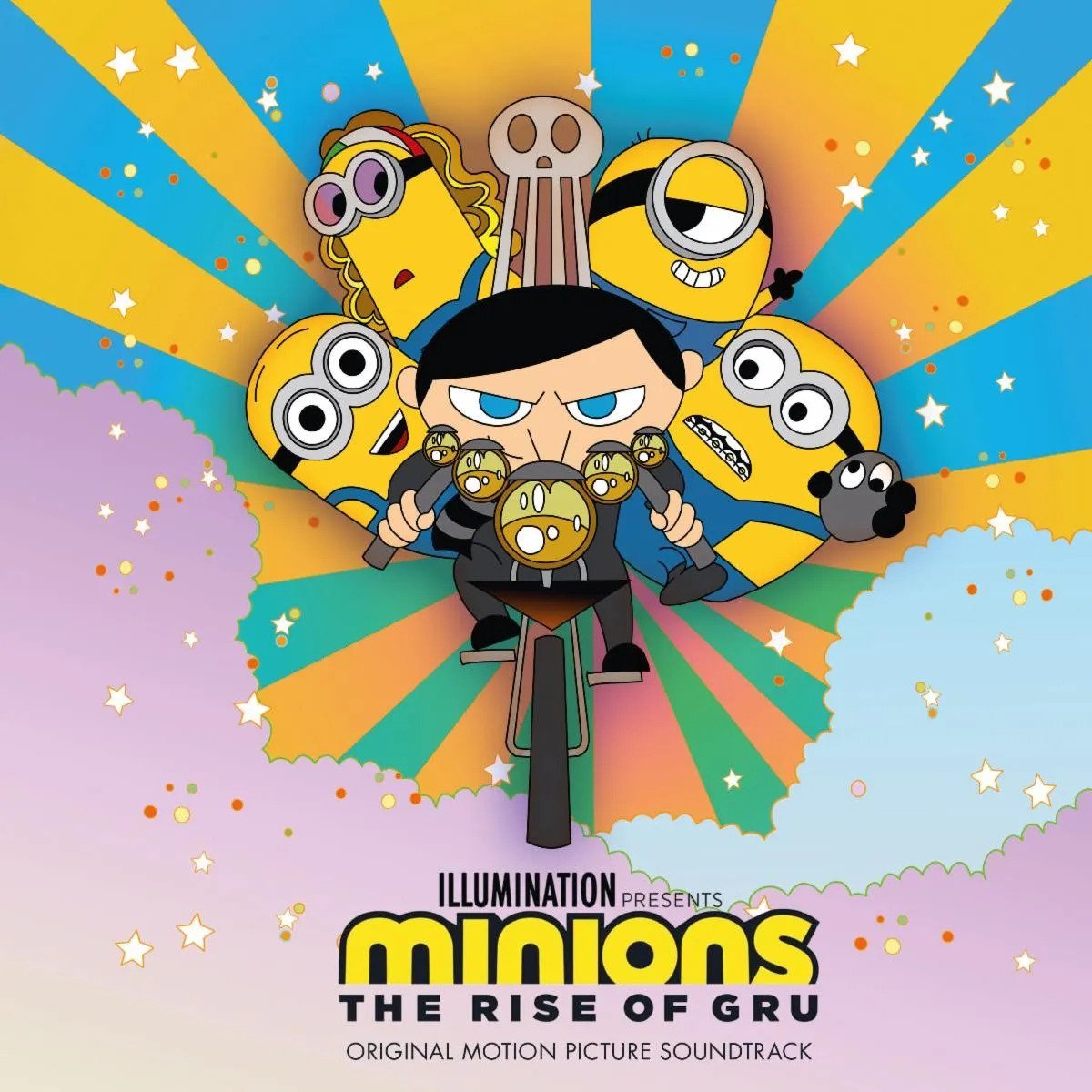A Meditation on Space with King Krule: “Space Heavy” Reviewed
by Luke Modugno
We have a peculiar relationship with the concept of space. As vague in definition as it is in reality, space can signal overwhelming novelty. Novelty of location, people, community and circumstance. In the same vein, space can separate, destroy and alienate.
Since the 2010’s rolled around and, by consequence, rolled past, few individuals in music have matched the sheer despondence harnessed by Archy Marshall’s artistry, better known as King Krule. Meticulously crafting a discography that sits on a foundation of despair, heartbreak, romantic failures and the cruelty of the universe, Marshall illuminates the drab, dismal and visceral aspects of the human condition. If his earlier work like 2013’s 6 Feet Beneath the Moon and 2020’s Man Alive! are reductions of Marshall’s outlook on the negative aspects of his life, his latest masterpiece Space Heavy is fixation on the metaphysical hands that pull our lives apart from one another.
Archy Marshall, aka King Krule. Shot by Billboard.
Written between 2020 and 2022, Space Heavy follows Marshall’s psyche through a period of frequent migration for the British native. Constantly travelling between his homes in Liverpool and London, Marshall became obsessed with the concept of physical space. During his commutes, he became fascinated by the space between, which often coincides with grappling with change, forced or natural. Coupled with the dread of “losing people and situations to the guillotine of the universe,” Space Heavy’s sonic landscape is as desolate and crushingly lonesome as Marshall’s mind at the time.
The duality of space is mirrored by Space Heavy, as it snaps in-and-out of focus with the plethora of negatives and positives distance has brought about in his life. Atmospherically jazzy throughout, sound acts as Marshall’s transistor for conveying the raw emotions attached to his disjointed lyrics. Assigning genre to Space Heavy is tricky, it can be best summed up as a quintessential King Krule experience. Marshall’s screams and shrieks layer harmoniously with the jarring guitar sections, wailing saxophone solos and harrowing violin on tracks like “Hamburgerphobia,” “Pink Shell,” and most notably, the title track.
Marshall’s songwriting on Space Heavy is brilliantly dense. Inventive and alluring at every turn, the spiritual gateway between Archy’s soul and his pen is unbarred. From reflecting on the fickle beauty of cities we pass through while travelling on “Seaforth” to enduring the tortuous splitting seams of a relationship on “Tortoise of Independency,” Marshall’s delivery in tone and chosen verbiage throughout Space Heavy exhibit one of the most coveted traits an artist can possess: humanity.
Whether he’s releasing a blood-curdling groan over a guitar solo or utilizing his penmanship to emulate heartbreak in a mind-splitting manner, a microcosm of the record’s success comes on its title track. Albeit a brief reflection on a failed relationship, Marshall’s writing and sonic capabilities come together here, creating a clear standout. Without trying, Archy’s mind wanders back to his lost flame, “I had no thought about it, she appears from nothing, out the blue.”
“I sink in full armor, the lake is oil of misery, get ready slurp it up,” harmonizes Marshall. The decaying state of their relationship forces Marshall to engage his own defense mechanisms, putting up his armor. He knows this will inevitably end the relationship, sinking him deeper into a depressive pit. He won’t perish from separation, he knows that (oil to water), but the overbearing weight of his psyche will surely try. Marshall continues “I refused to be saved, my plastic straw.” Belting out, akin to nails on a chalk board, “my plastic straw” over a growing guitar and drum, Marshall is consumed by misery in his effort to trudge on minus his lover. Considering its designation as the title track, the space between him and his ex is weighing heavily.
King Krule has always had an inherent ability to connect to the essence of human experience. Space Heavy represents an obvious persistence of that talent, except on this effort, it’s focused, contained and a bit more poignant. Space shapes our lives in immense ways that are often indelibly defining. Music of the utmost quality such as Space Heavy does the same.
favorite tracks:
From The Swamp
Space Heavy
If Only It Was Warmth
Luke Modugno is the editor-in-chief.
Thanks for reading! Make sure to follow us on Instagram to stay up-to-date on all music news!









































